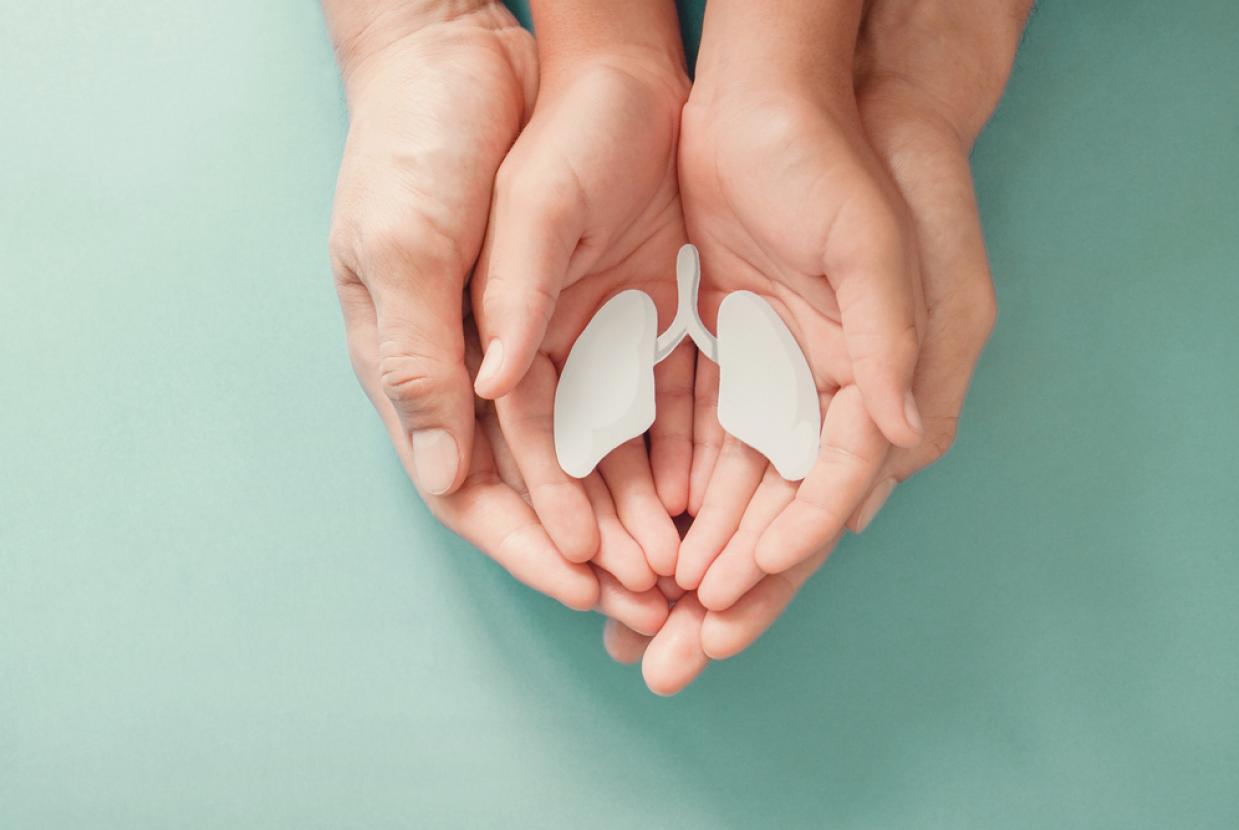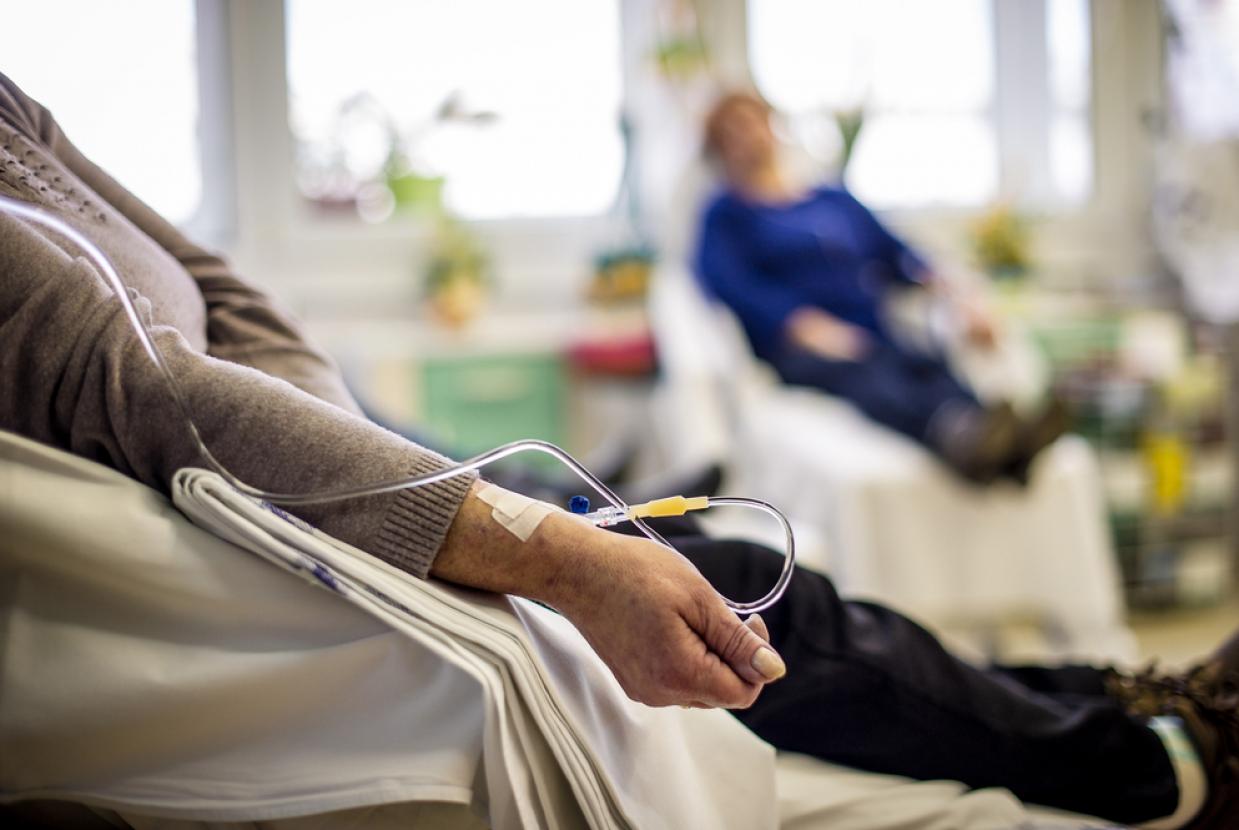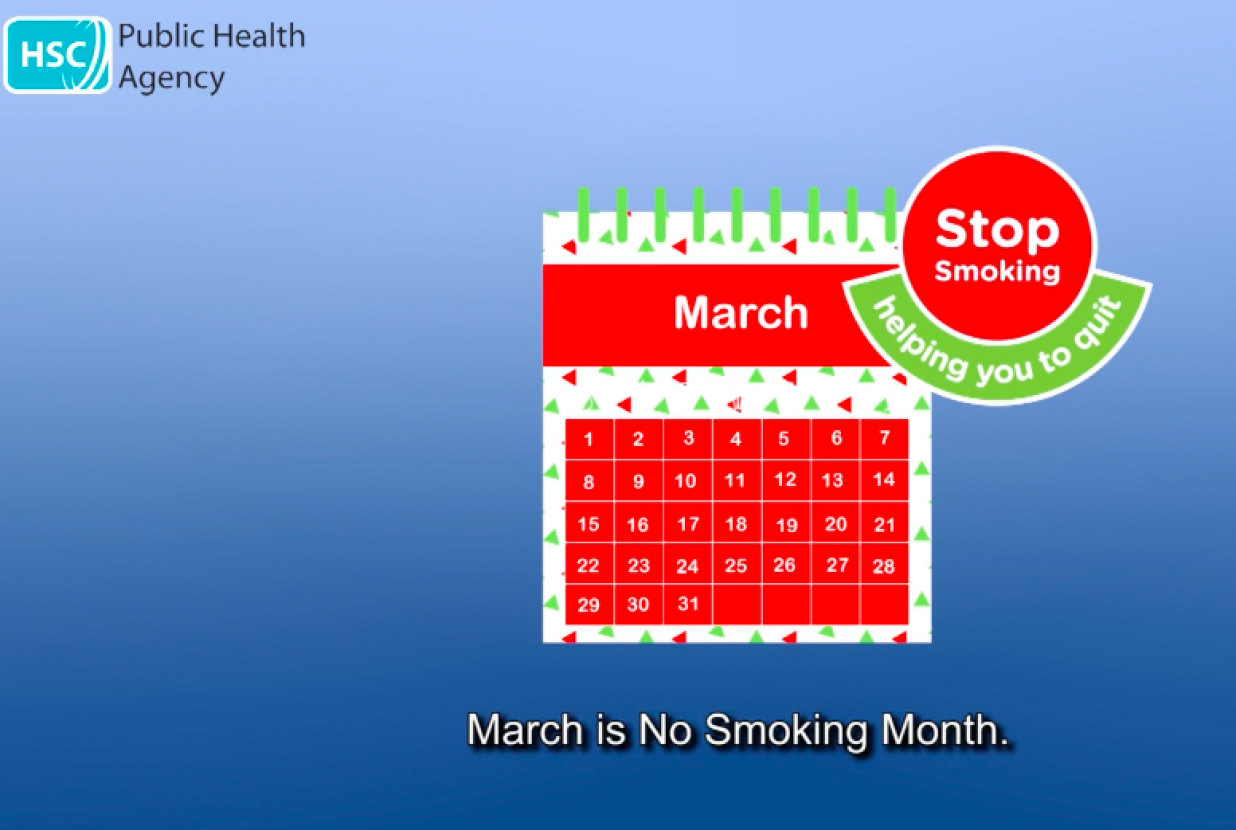Health Risks Of Smoking
Smoking is one of the biggest causes of death and illness in the UK. Every year around 78,000 people in the UK die from smoking, with many more living with debilitating smoking-related illnesses.
Smoking increases your risk of developing more than 50 serious health conditions. Some may be fatal, and others can cause irreversible long-term damage to your health. You can become ill:
- if you smoke yourself
- if people around you smoke (passive smoking)
Smoking health risks
Smoking causes around 7 out of every 10 cases of lung cancer (70%). It also causes cancer in many other parts of the body, including the:
- mouth
- throat
- voice box (larynx)
- oesophagus (the tube between your mouth and stomach)
- bladder
- bowel
- cervix
- kidney
- liver
- stomach
- pancreas
Smoking damages your heart and your blood circulation, increasing your risk of developing conditions such as:
- coronary heart disease
- heart attack
- stroke
- peripheral vascular disease (damaged blood vessels)
- cerebrovascular disease (damaged arteries that supply blood to your brain)
Smoking also damages your lungs, leading to conditions such as:
- chronic obstructive pulmonary disease (COPD), which incorporates bronchitis and emphysema
- pneumonia
Smoking can also worsen or prolong the symptoms of respiratory conditions such as asthma, or respiratory tract infections such as the common cold. In men, smoking can cause impotence because it limits the blood supply to the penis. It can also reduce the fertility of both men and women.
Health risks of smoking during pregnancy
If you smoke when you're pregnant, you put your unborn baby's health at risk, as well as your own. Smoking during pregnancy increases the risk of complications such as:
- miscarriage
- premature (early) birth
- a low birth weight baby
- stillbirth


































